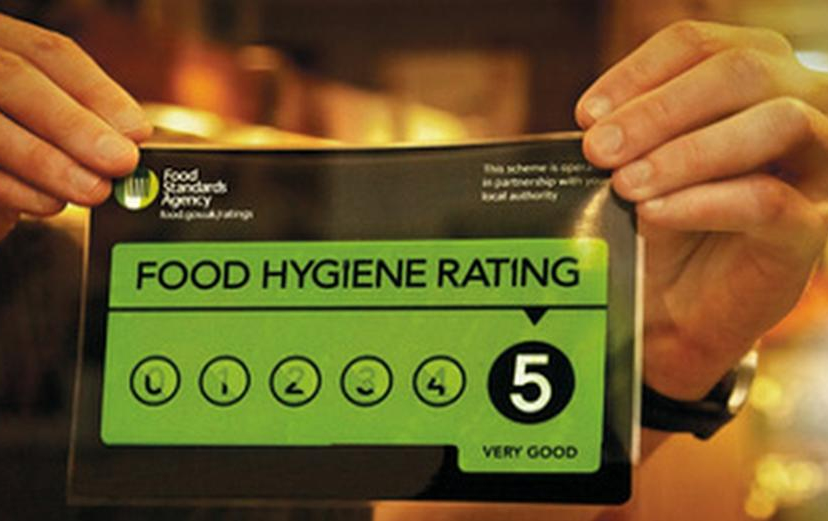
Food Safety, General, Health & Safety
Ultimate Guide to Food Hygiene Ratings
We’re here to tell you more about the Food Hygiene Rating Scheme and explain its implications.
26.03.2024
Read more
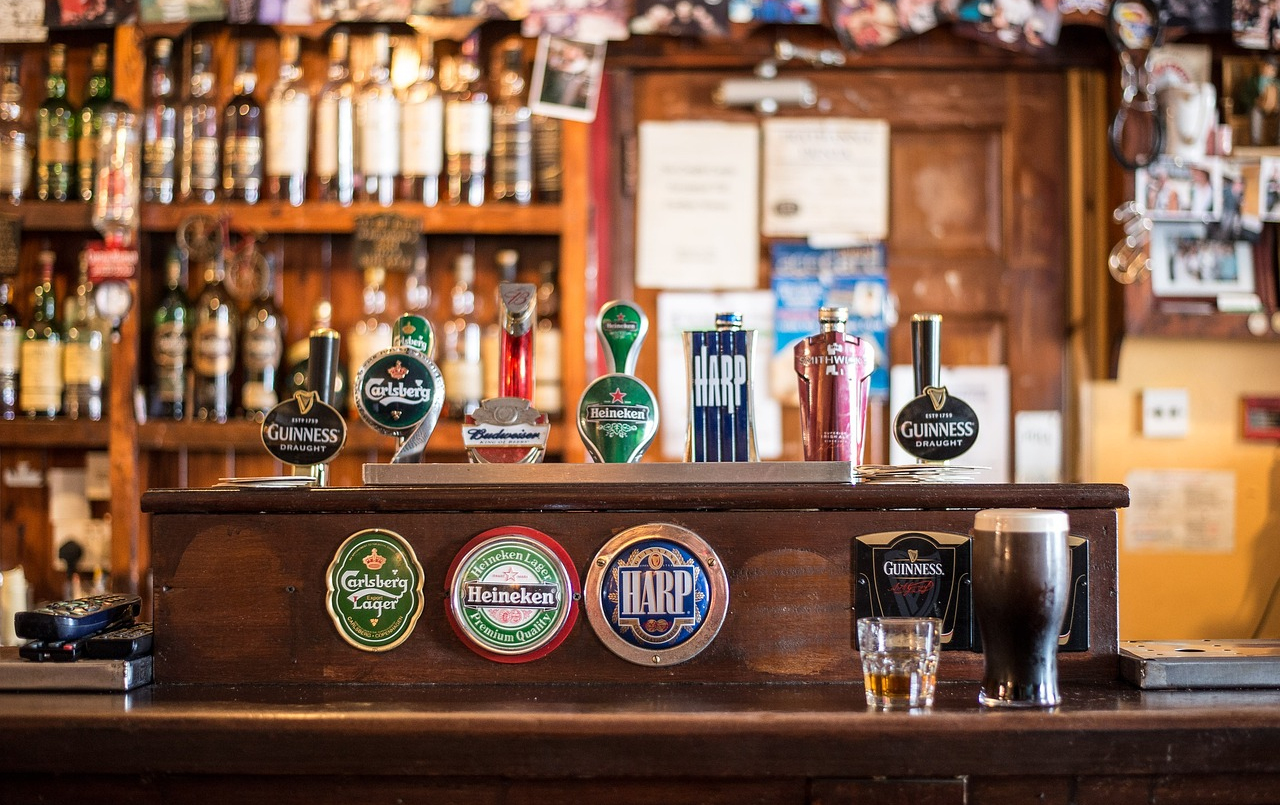
General
News Bites
CEO of UKHospitality Kate Nicholls lays out what the industry needs in the Spring Budget.
28.02.2024
Read more
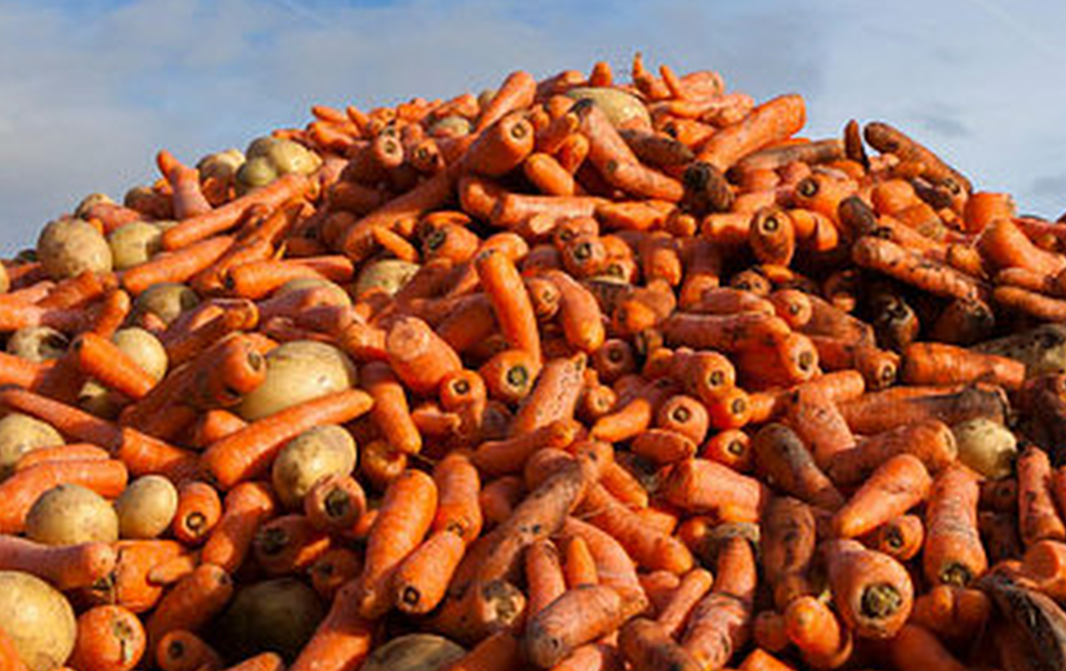
General
How to reduce food waste in restaurants
The importance of managing food waste is at an all-time high, according to food charity Wrap.
30.01.2024
Read more
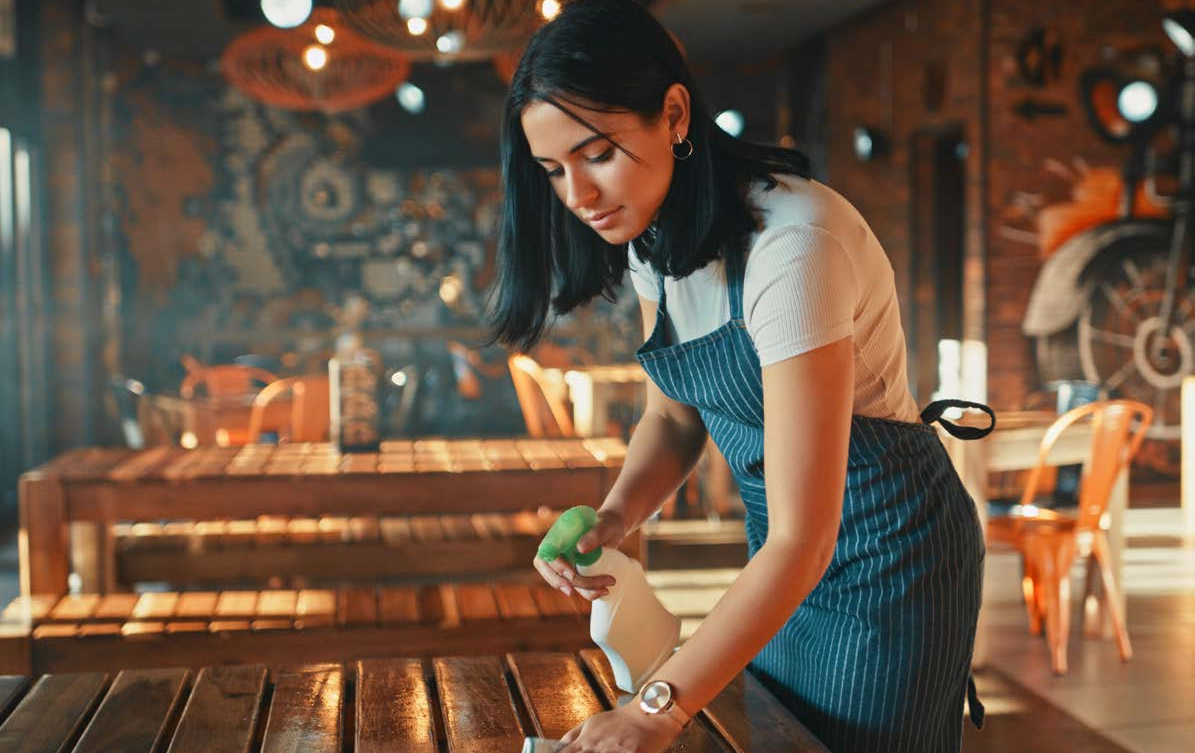
General
News Bites
In this edition, we look at visa plans and the worrying spate of bar closures in Wales.
30.01.2024
Read more

Business update, General
Introducing our new Technical Advisory Board
Food safety specialist Food Alert has appointed a new technical director
22.01.2024
Read more

Food Safety, Health & Safety
Upcoming 2024 trends in the food industry
A free guide to 2024 trends from our experts
04.01.2024
Read more

General
News Bites
In this edition, we look at struggling hospitality and visa crackdowns.
18.12.2023
Read more

General
News Bites
In this edition, we look at UK Hospitality’s response to the Autumn statement.
29.11.2023
Read more

Business update, General
Food Alert appoints new Technical Director
Food safety specialist Food Alert has appointed a new technical director
28.11.2023
Read more

Food Safety, Health & Safety
The essential hospitality checklist for a successful festive season
A free guide from our hospitality industry experts
28.11.2023
Read more

General
News Bites
In this edition, we’ll delve into how staff shortages and rising costs are impacting hospitality.
24.10.2023
Read more
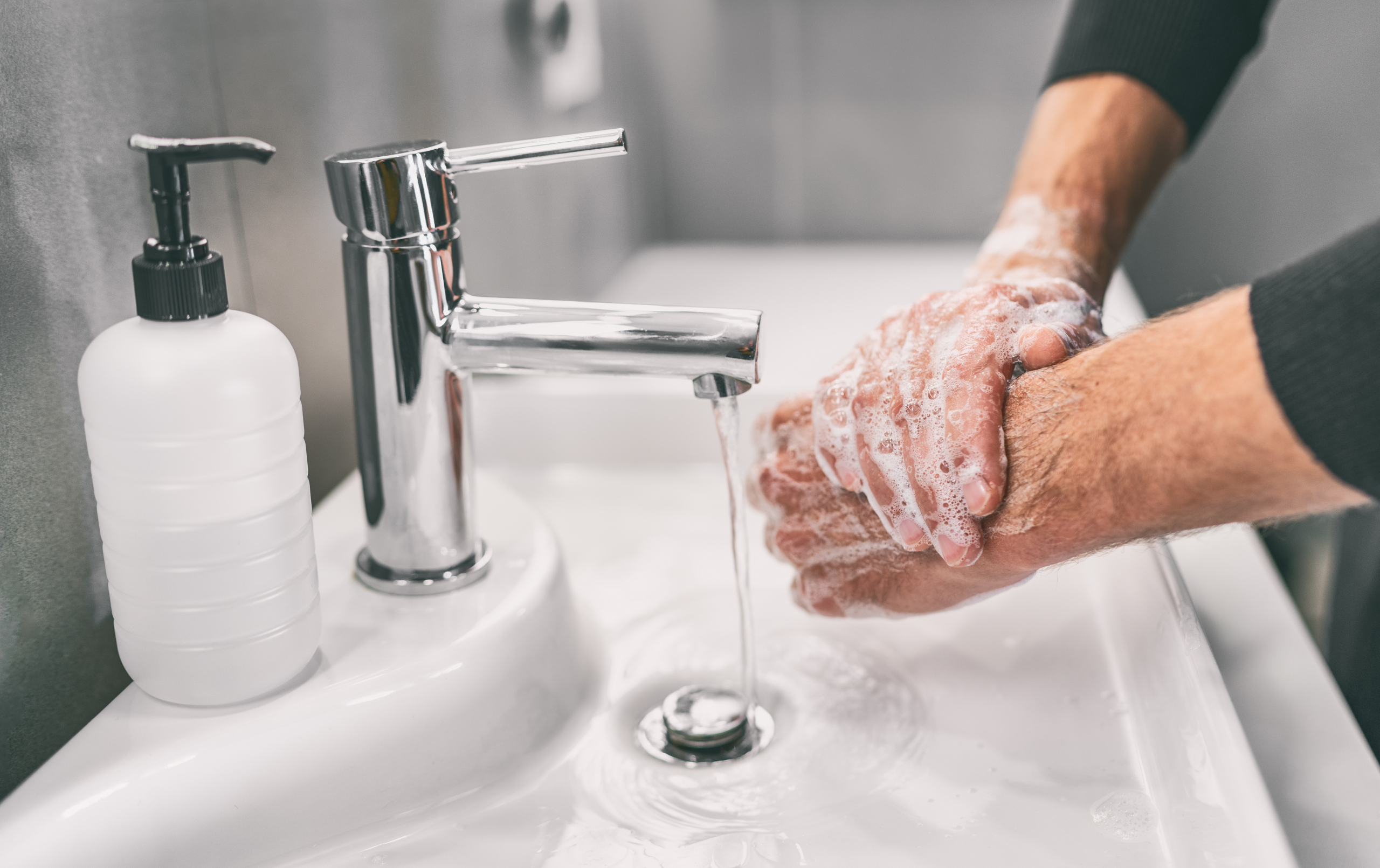
Health & Safety
Norovirus: the must-knows
A free guide from our industry experts
20.10.2023
Read more
